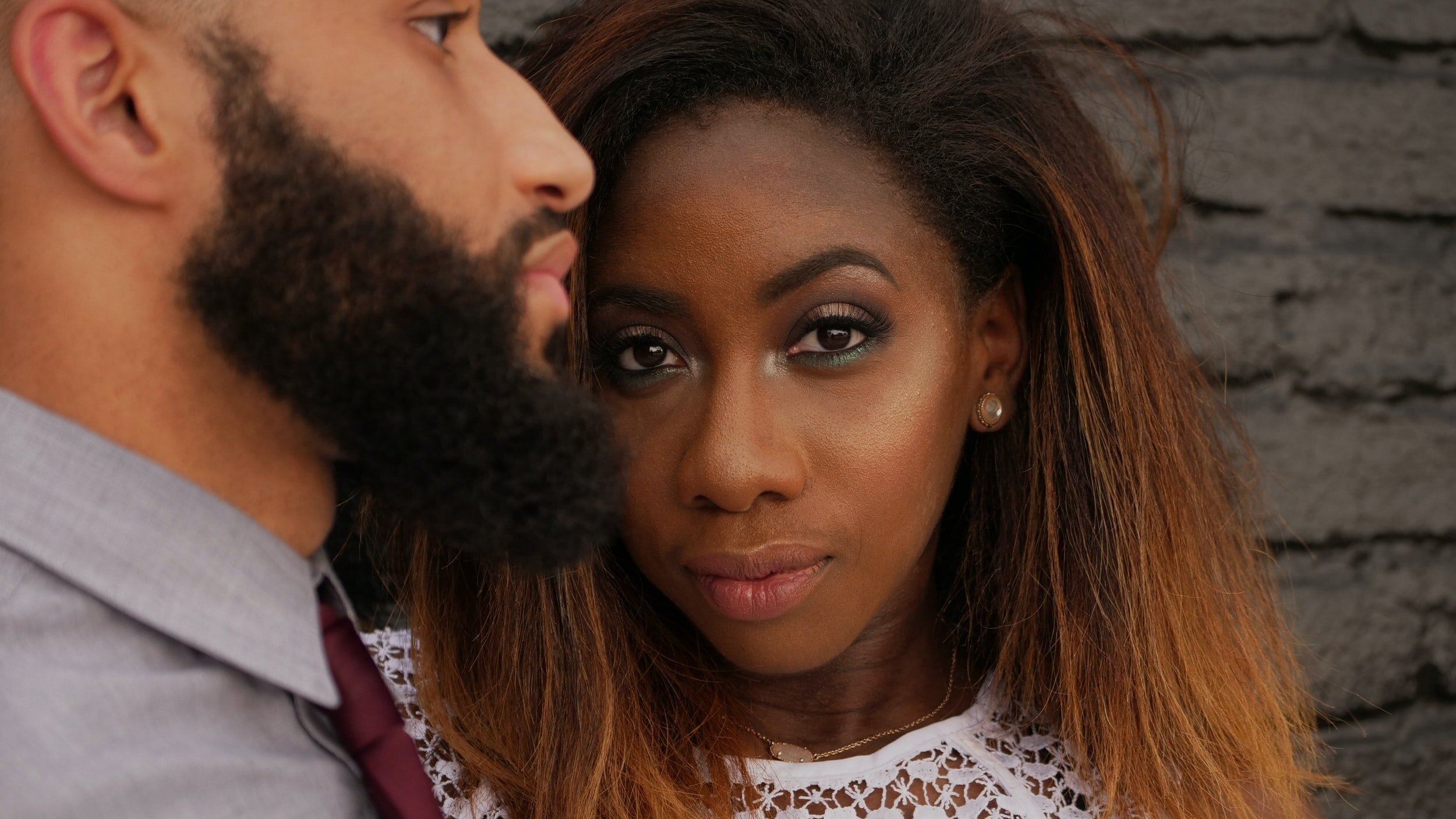Considerations for Marrying a Muslim Man
by M. Sassi
I looked down at my text messages. “My friend Kim started a relationship with a Muslim man. She is a ‘strong Christian’ and I have serious concerns. She will be calling you.” Then another text. “Hi. I’m Kim. Can we talk?”
I picked up the phone and asked her a few questions to help me understand her circumstances. I saw more than one red flag. Here’s what I said.
I am married to an Arab. He was a Christian when I met him but comes from a Muslim family. I must tell you plainly, that the only reason our marriage works is because of our mutual faith in Jesus. Our cultural differences run deep and resurface at the most inconvenient times. To be blunt, I strongly recommend ending this relationship, not only for theological reasons, but for practical reasons as well.
Theologically
Biblically, Christians are to marry Christians. This is for our good and God’s glory. The Bible teaches that light cannot mix with darkness. It also teaches that the marriage relationship between a believing man and woman reflects Christ and the Church. In the Muslim-Christian context, the couple may have similar concepts of God, but cannot submit their marriage to Jesus as described in the Bible. Without a common faith in Jesus, the couple is outside of God’s will and cannot experience God’s wonderful design for marriage (2 Corinthians 2:16; Ephesians 5:22-33).
Consider also what Islam teaches about women, marriage, and family. Even if he is not practicing now, he may one day. He may become more devout as life circumstances change, such as having children. (Download the PDF Dating a Muslim: Understanding his Religion and Culture.
He may tell you that it is “okay” for you to be married despite your different faiths. This is because to Muslims, Islam is the final religion and his religion supersedes your relationship with God. Muslim men are allowed, and even encouraged, to marry Christian women. Taking a Christian wife spreads Islam by preventing the woman from marrying a Christian man and having Christian children.
Raising children in a cross-cultural marriage has its challenges. Both partners sacrifice to accommodate the other’s preferences and expectations. The Bible instructs Christian parents to raise children in the training and instruction of the Lord (Proverbs 22:6, Ephesians 6:4). For a woman married to a Muslim man, this scripture becomes impossible according to both Christian and Islamic doctrines. Interfaith marriage inhibits Biblical partnership in parenting, while in Islam, children born to a Muslim father are automatically born Muslim.
Finally, if he expresses a spiritual interest, connect him with a man who can discern his interest and guide him towards Jesus. Continuing the relationship to change or convert him is unfair to him.
Practically
I married a Christian man, but I married into a Muslim family. Our values and beliefs cut to the core of who we are. Cultural differences run deep, even within our pluralistic society. For example, Muslims and Christians both value marriage and family. However, we differ in purpose, structure, and attributes which we associate with “traditional.” The Qur’an upholds both abuse and polygamy. Even if your romantic interest rejects such actions, are you willing to bear children (e.g., a daughter) into the religion? Are you willing to sacrificially care for his parents as they age, as is expected? What about when your potential husband faces his own abuse or dysfunction from his upbringing?
The allure of a foreign husband might be exhilarating. Your relationship with someone outside of the Christian faith might also frighten your closest friends and families. Proverbs 15:22 says, “Plans fail for lack of counsel, but with many advisers they succeed.” I encourage you to hear your confidants’ concerns. They may be valid, as they were for this couple who lost their daughter to Islam (listen to the Losing Our Daughters to Islam podcast episode.)
A South Asian ministry leader married to a Middle Eastern Christian once told me, “Cross-cultural marriages are hard…Marriage is hard. I can’t even imagine the difficulty and pain of a marriage without Jesus as the center.”
God is calling you to make Jesus the center of your life. Who will you choose to follow?
M. Sassi and her Arab husband served with Crescent Project. M. has been engaging Muslims since 1999 in the US, France and North Africa. M. holds a master’s degree in public affairs from the University of Texas at Austin.

